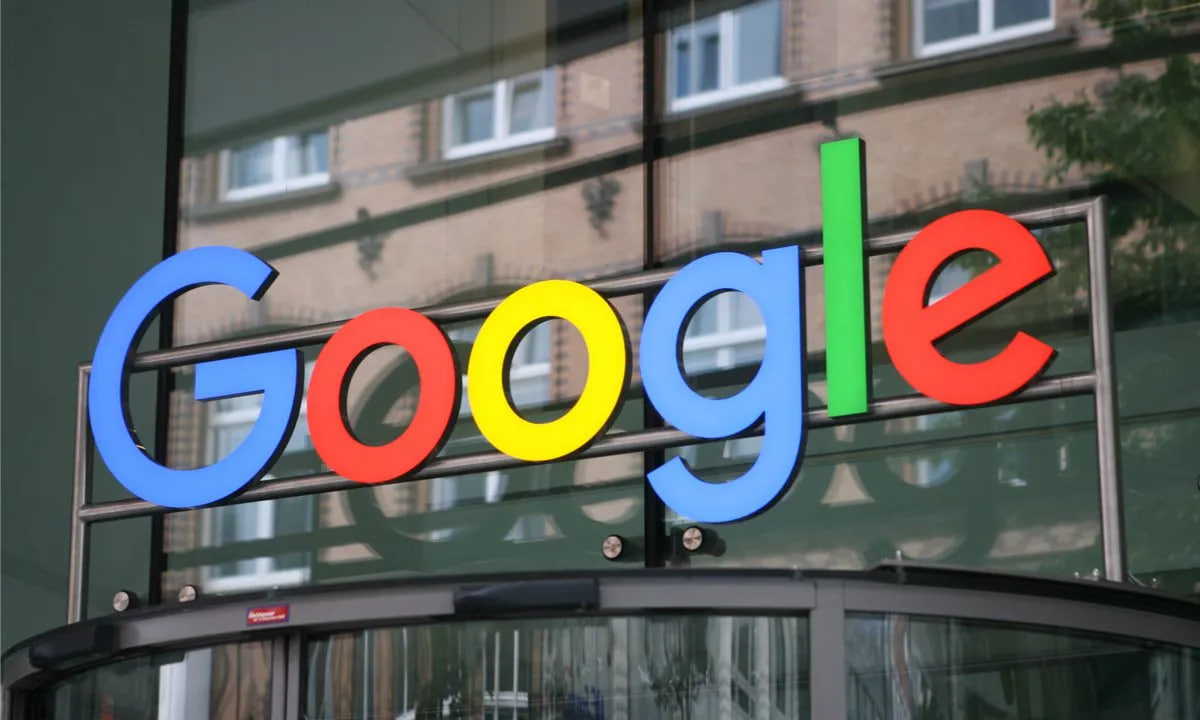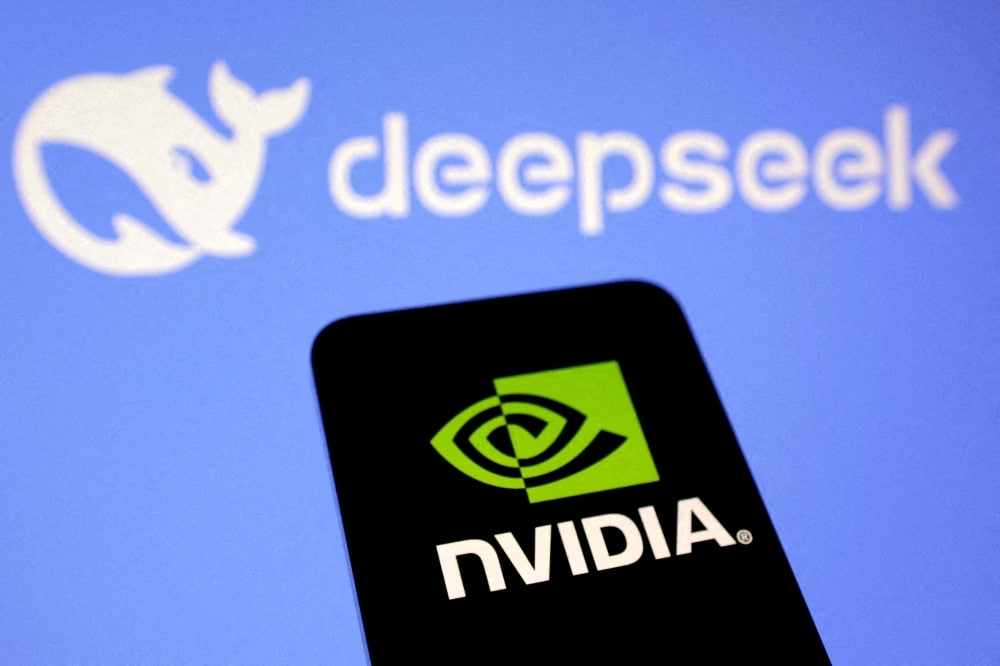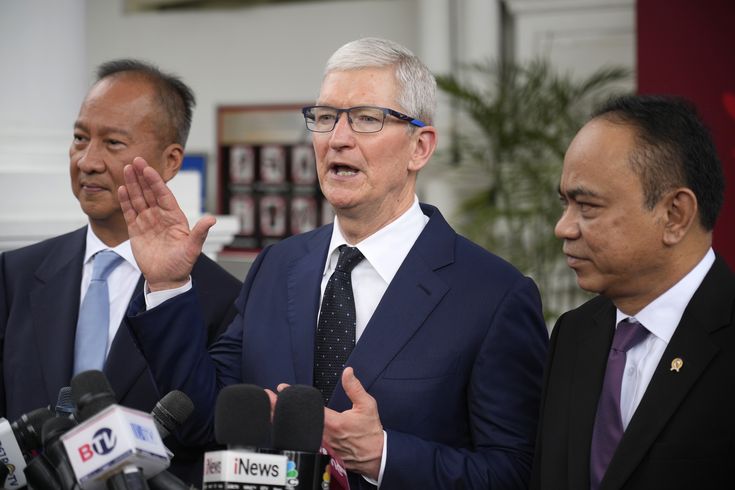On Tuesday, shortly after new U.S. tariffs on Chinese products were implemented, China unveiled a comprehensive set of measures aimed at U.S. businesses, including tech giant Google, farm equipment manufacturers, and the fashion brand Calvin Klein owner.
Beijing announced new measures, imposing tariffs on U.S. products like coal, gas, and electric trucks. This swift action was in response to tariffs on Chinese goods introduced by U.S. President Donald Trump, further intensifying trade tensions between the world’s two largest economies.
China’s Commerce Ministry announced that it had added PVH Corp, the parent company of brands such as Calvin Klein and Tommy Hilfiger, and the U.S. biotechnology company Illumina to its “unreliable entity” list.
It said the two companies took what it called “discriminatory measures against Chinese enterprises” and “damaged” the legitimate rights and interests of Chinese companies.
Companies added to the blacklist can be subject to fines and a broad range of other sanctions, including a freeze on trade and revocation of work permits for foreign staff.
Separately, China’s State Administration of Market Regulation announced suspicions that Google violated the country’s anti-monopoly law, prompting an investigation into the company. However, specifics about the investigation or Google’s alleged violations were not disclosed. Google’s products, including its search engine, are restricted in China, contributing about 1% of its global sales.
In 2017, Google introduced a small artificial intelligence center in China. Two years later, the project was disbanded, and the company no longer conducts AI research in the country, as stated in a blog post. Nevertheless, Google continues to collaborate with Chinese partners, including advertisers.
Google, PVH, and Illumina did not promptly reply to inquiries outside U.S. business hours.
Chinese regulators previously examined PVH for “inappropriate” actions concerning the Xinjiang region.
China’s Finance Ministry announced a 10% tariff on farm equipment, potentially affecting U.S. companies like Caterpillar, Deere & Co, and AGCO. The tariff also applies to a limited number of trucks and large-engine sedans exported from the United States to China.
This could be relevant to Elon Musk’s Cybertruck, a specialized product that Tesla (TSLA.O) has been marketing in China while it waits for regulatory approval to start sales.
In December, China’s Ministry of Industry and Information Technology classified the Cybertruck as a “passenger car,” though the posting was swiftly removed.
If the Cybertruck were designated as an electric truck, Tesla would be subject to a 10% tariff on future imports from its factory in Texas.
The ministry said the new tariffs on U.S. products will start on Feb. 10.
Tuesday’s announcements intensified trade restrictions between Beijing and Washington, previously focused on the tech sector under former U.S. President Joe Biden’s administration—these efforts aimed to limit China’s access to advanced semiconductors.



